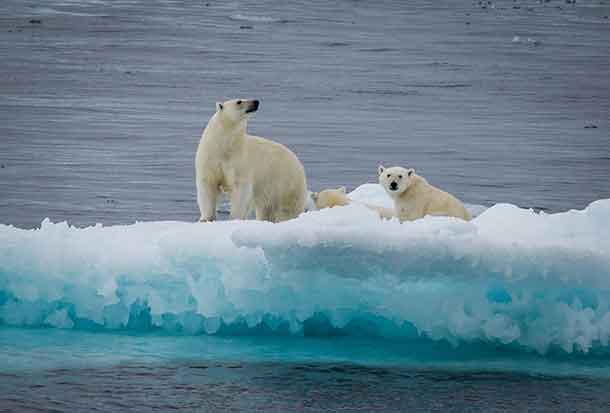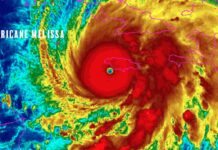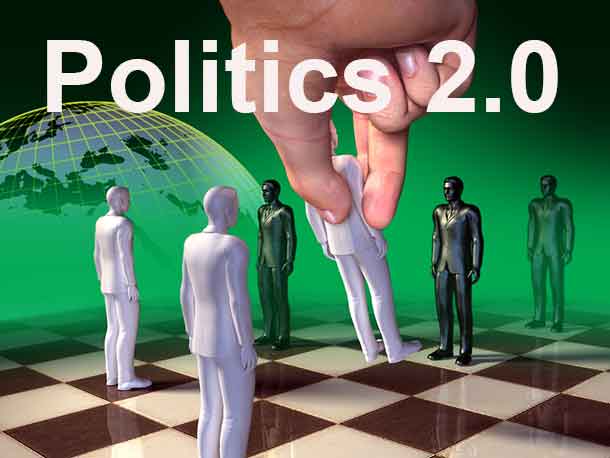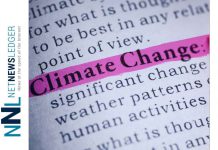
KNOXVILLE – CLIMATE – Humans may be the dominant cause of global temperature rise, but they may also be a crucial factor in helping to reduce it, according to a new study that for the first time builds a novel model to measure the effects of behavior on climate.
Drawing from both social psychology and climate science, the new model investigates how human behavioral changes evolve in response to extreme climate events and affect global temperature change.
The model accounts for the dynamic feedbacks that occur naturally in the Earth’s climate system–temperature projections determine the likelihood of extreme weather events, which in turn influence human behavior. Human behavioral changes, such as installing solar panels or investing in public transportation, alter greenhouse gas emissions, which change the global temperature and thus the frequency of extreme events, leading to new behaviors, and the cycle continues.
Combining climate projections and social processes, the model predicts global temperature change ranging from 3.4 to 6.2°C by 2100, compared to 4.9°C from the climate model alone.
Due to the complexity of physical processes, climate models have uncertainties in global temperature prediction. The new model found that temperature uncertainty associated with the social component was of a similar magnitude to that of the physical processes, which implies that a better understanding of the human social component is important but often overlooked.
The model found that long-term, less easily reversed behavioral changes, such as insulating homes or purchasing hybrid cars, had by far the most impact in mitigating greenhouse gas emissions and thus reducing climate change, versus more short-term adjustments, such as adjusting thermostats or driving fewer miles.
The results, published today in the journal Nature Climate Change, demonstrate the importance of factoring human behavior into models of climate change.
“A better understanding of the human perception of risk from climate change and the behavioral responses are key to curbing future climate change,” said lead author Brian Beckage, a professor of plant biology and computer science at the University of Vermont.
The paper was a result of combined efforts of the joint Working Group on Human Risk Perception and Climate Change at the National Institute for Mathematical and Biological Synthesis (NIMBioS) at the University of Tennessee, Knoxville, and the National Socio-Environmental Synthesis Center (SESYNC) at the University of Maryland. Both institutes are supported by the National Science Foundation. The Working Group of about a dozen scientists from a variety of disciplines, including biology, psychology, geography, and mathematics, has been researching the questions surrounding human risk perception and climate change since 2013. More information about the Working Group can be found at http://www.
“It is easy to lose confidence in the capacity for societies to make sufficient changes to reduce future temperatures. When we started this project, we simply wanted to address the question as to whether there was any rational basis for ‘hope’–that is a rational basis to expect that human behavioral changes can sufficiently impact climate to significantly reduce future global temperatures,” said NIMBioS Director Louis J. Gross, who co-authored the paper and co-organized the Working Group.
“Climate models can easily make assumptions about reductions in future greenhouse gas emissions and project the implications, but they do this with no rational basis for human responses,” Gross said. “The key result from this paper is that there is indeed some rational basis for hope.”
That basis for hope can be the foundation which communities can build on in adopting policies to reduce emissions, said co-author Katherine Lacasse, an assistant professor of psychology at Rhode Island College.
“We may notice more hurricanes and heat waves than usual and become concerned about climate change, but we don’t always know the best ways to reduce our emissions,” Lacasse said. “Programs or policies that help reduce the cost and difficulty of making long-term changes or that bring in whole communities to make long-term changes together can help support people to take big steps that have a meaningful impact on the climate.”






